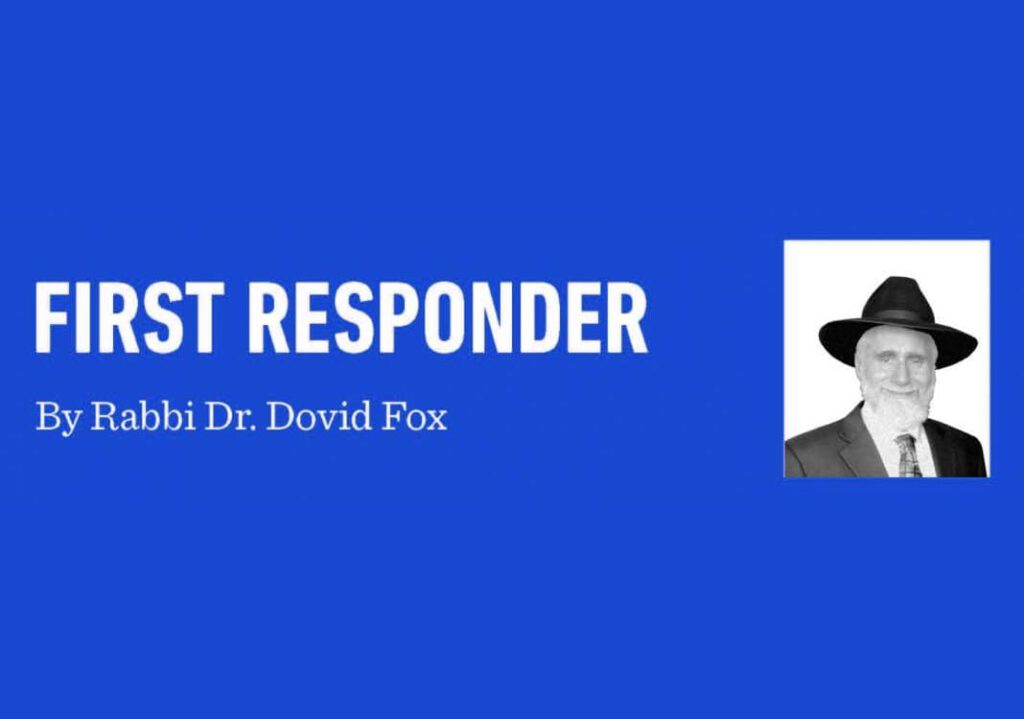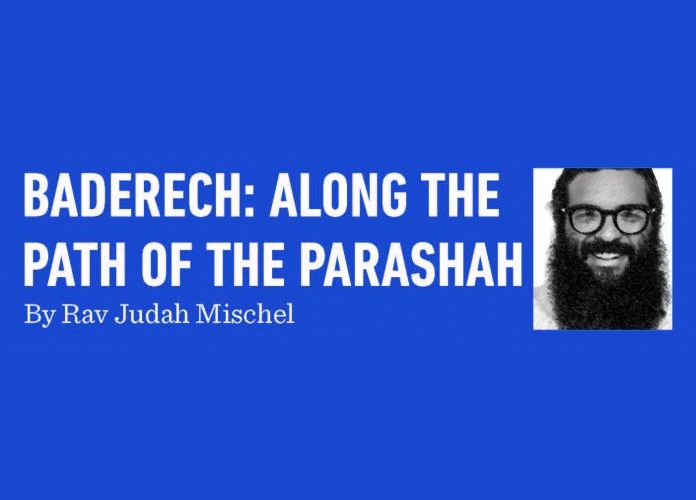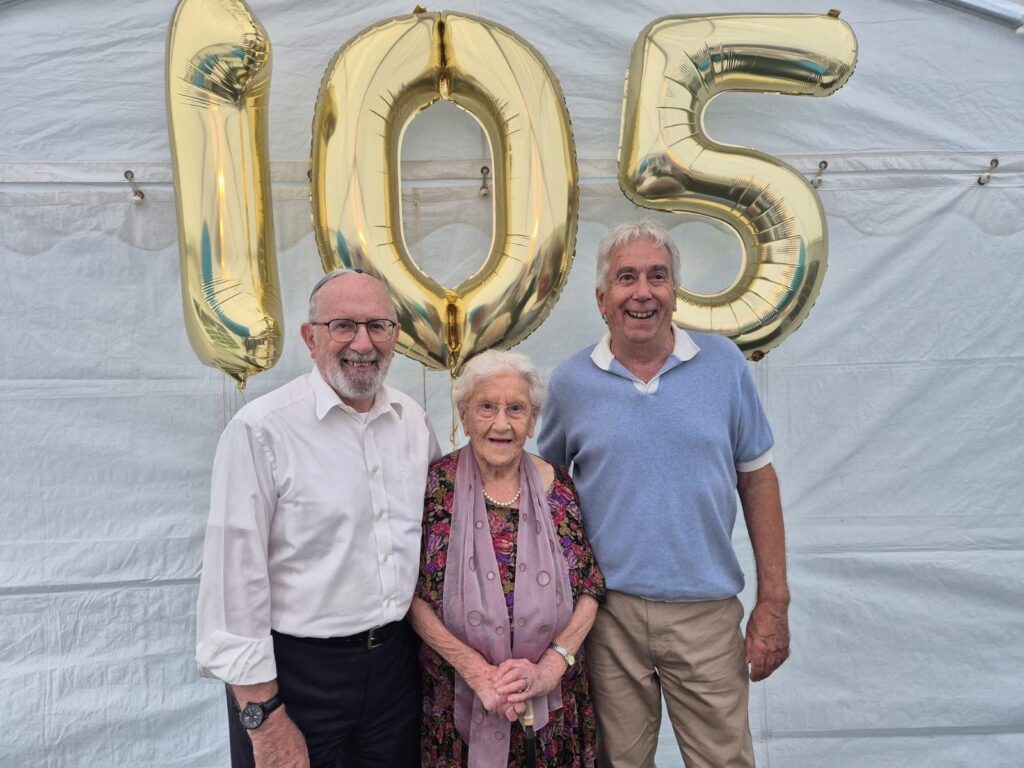Re’eh: The Call to See
By Rabbanit Sally Mayer
Parashat Re’eh opens with a call to “see”—to perceive clearly, to pay attention. The very name of the parashah, Re’eh (“See”), invites us to look beyond the surface, to notice what might otherwise go unseen.
This parashah covers a wide range of mitzvot and instructions—from the blessings on Har Grizim and the curses on Har Eval, to bringing korbanot to the Beit HaMikdash, the prohibition against eating blood (in case that was tempting anyone), the warning not to worship avodah zarah or follow a false prophet, the kashrut status of various animals, and more. At first glance, it’s a list of seemingly unrelated topics. But if you read carefully, a subtle thread runs through many of them. It’s not the most obvious theme you’d expect from the list of mitzvotabove, yet it’s a core value that the Torah quietly weaves into these laws—and one that feels especially relevant today.
While describing where to bring korbanot and where they may be eaten, the Torah says: “You shall rejoice before Hashem your G-d—you, your sons and daughters, your servants, and the Levi within your gates, for he has no portion or inheritance in your land” (Devarim 12:12). Only a few verses later (12:18–19), we hear it again—eat before Hashem, rejoice, and include the Levi who is within your gates, with the added warning not to forget the Levi. Later, when speaking about the mitzvah of ma’aser sheni (the second tithe), the Torah again commands us to eat and enjoy—but also reminds us not to forsake the Levi, the convert, the widow, or the orphan in our midst (14:27–29).
And toward the end of the parashah, the message broadens even further: “Do not harden your heart or shut your hand against your needy brother. Rather, open your hand generously…” (15:7–8). A bit later, the Torah exhorts us, “Remember that you were slaves in Egypt…” (15:15). That memory is not meant to sit in the past—it’s meant to shape how we act going forward. The Torah is reminding us that our own history of vulnerability should make us more attentive to the needs of others.
When you zoom out, the pattern is unmistakable: whatever the mitzvah may be—korbanot, tithes, or something else—the Torah keeps circling back to the same point. Mitzvot are not just about rules and rituals; they are meant to be lived in a framework of kindness, empathy, and inclusion.
That message lands with particular force at this time of year. Many of us are stepping into something new—a school year, a new job, or even a new community. It’s natural to focus on what we need in order to find our footing. That’s important—we do have to take care of ourselves. But the Torah here is asking us to also lift our eyes from our own concerns and notice the people around us.
Someone else may be feeling even more out of place than we are. Maybe they’re new and don’t know anyone. Maybe they’re unsure of how things work. This parashah’s understated but consistent message is twofold: First, take the initiative. Be the one who says hello, makes room at the table, or offers to help. Second, remember our own moments of uncertainty. Those memories can soften us, making it easier to extend warmth and inclusion.
It turns out Parashat Re’eh is not just a checklist of mitzvot. It’s a vision for building the kind of community the Torah wants us to create, as the children of Avraham Avinu and Sara Imeinu—one where we see the other, and where ritual observance and human kindness walk hand in hand. n
Rabbanit Sally Mayer serves as Rosh Midrasha at Ohr Torah Stone’s Midreshet Lindenbaum in Jerusalem. She is a member of the Mizrachi Speakers Bureau (Mizrachi.org/speakers).













